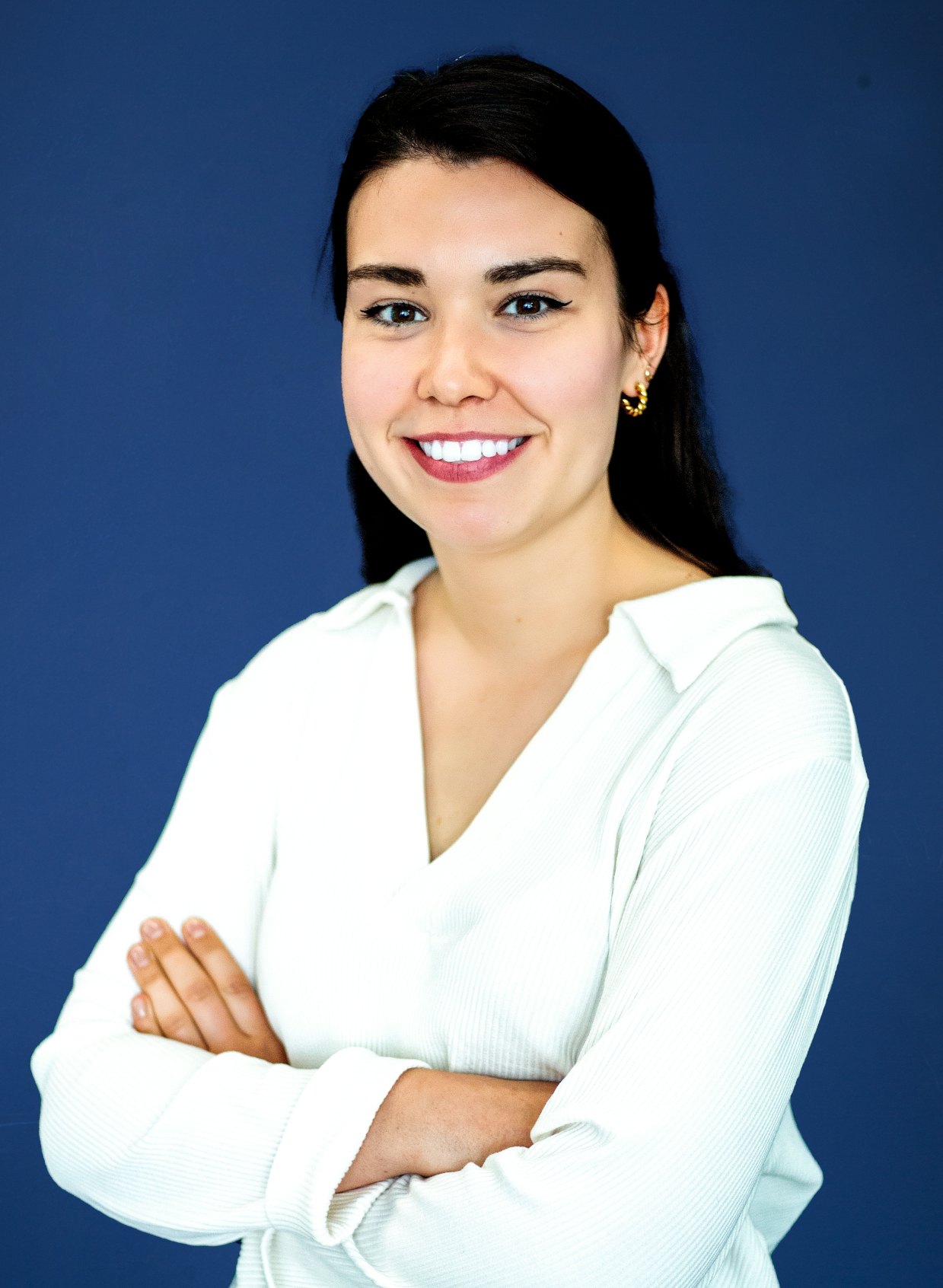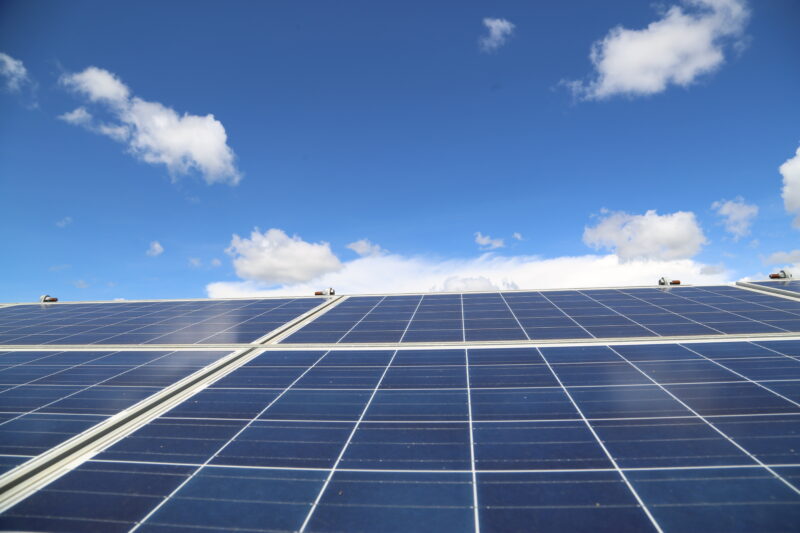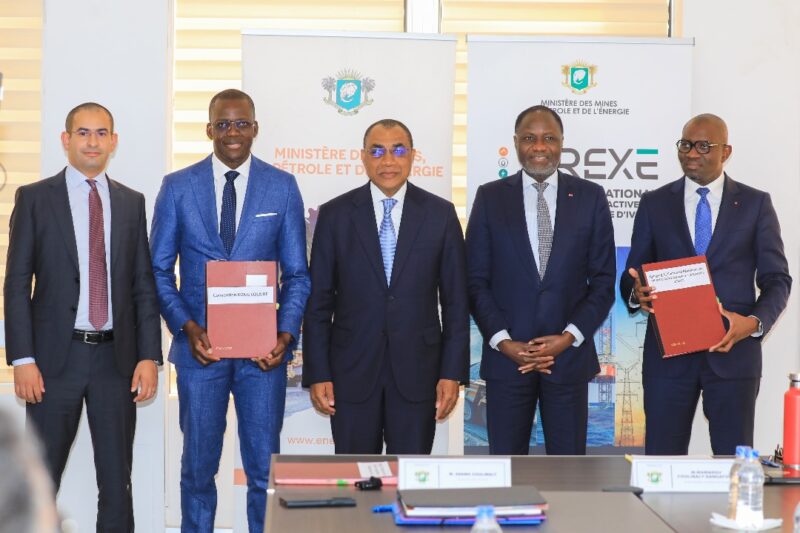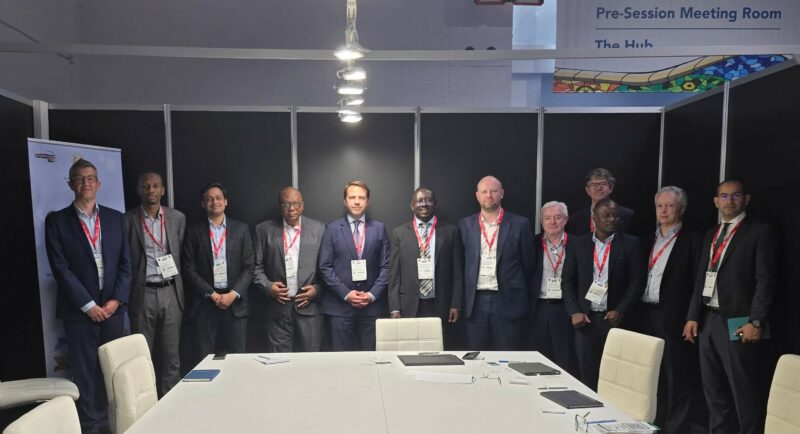Behind the scenes: Integrating a gender lens for infrastructure impact
8th Mar 2023 | Leave a comment | By Lucie Marie
Before joining InfraCo Africa, I worked for the World Food Programme in West Africa, promoting gender equality and women’s empowerment across WFP’s programmes. I was attracted to InfraCo Africa and PIDG because, not only are we operating at the frontier, but our approach is both commercially rigorous and impact driven.
On International Women’s Day, attention is drawn to global progress on achieving UN SDG5. The Goal’s mission – to ‘achieve gender equality and empower all women and girls’ – has both a moral imperative and an economic one. A 2019, a McKinsey Global Institute report entitled ‘The Power of Parity: Advancing Women’s Equality in Africa’ found that, if each country matched the progress of those that are making the greatest progress towards closing the continent’s gender gap, US$316 billion could be added to Africa’s GDP in the period to 2025.[i]
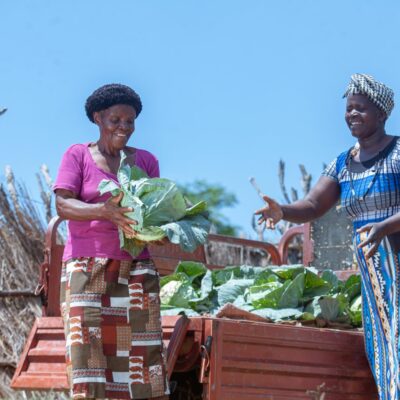
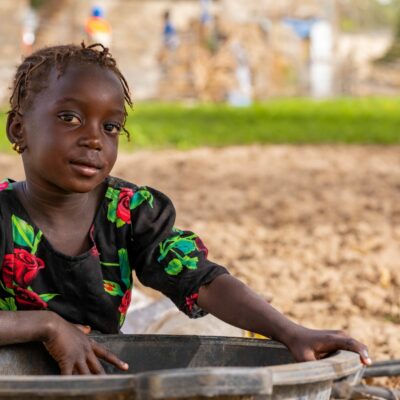
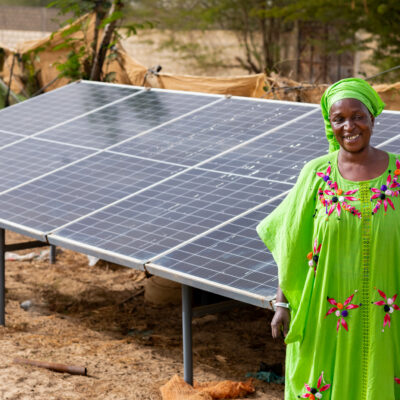
Despite the impact of the global pandemic, some African countries have made great strides in recent years, increasing women’s representation in management positions and political office, embedding new legal protections, and reducing maternal mortality rates.[ii] However, there is still a way to go before we can fully close the gap between discourse and practice. I would like to discuss the work that PIDG and InfraCo Africa are doing to accelerate progress towards realising the social and economic dividends of gender equality in the countries and sectors in which we operate.
What is ‘gender-smart’ investing?
Gender-smart investing is defined as: ‘pursuing an investment strategy which seeks to intentionally and measurably use capital to address gender disparities and to inform investment decisions.’[iii] Beyond fulfilling our mandate to deliver impact, there is a clear business case for pursuing gender equality as it has been shown to increase business competitiveness, profitability, and the ability to innovate.[iv]
In seeking to ensure that our investments are ‘gender-smart,’ PIDG companies adhere to the PIDG Gender Lens Investing Policy. The Policy forms part of the Gender Equity, Diversity and Inclusion Plan which sets out actions and annual targets around Safeguarding and Empowering women and girls across our investments and Leading by example on gender equality at PIDG itself.
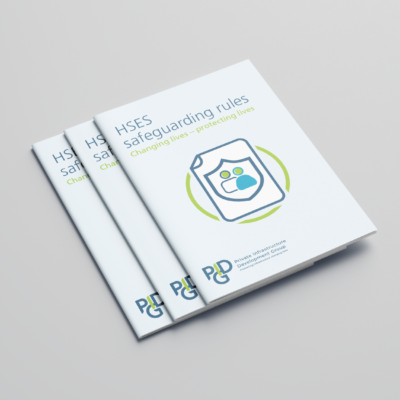
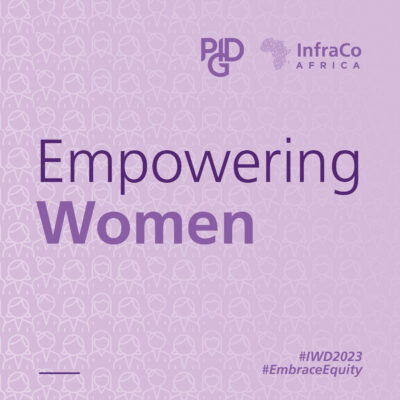
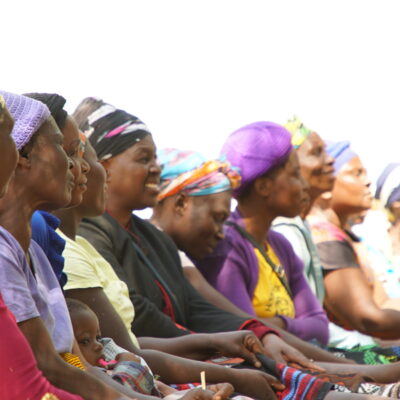
Where do we start?
When a new project or investment is identified, our Impact team identifies any specific risks and opportunities presented for women and girls through the development of the project and access to, or exclusion from, proposed infrastructure services. We focus our screening on business ownership and leadership; workforce; products and services; supply chain and community.
To better understand the context in which a project will operate and to establish a baseline to evaluate its impact, we consider relevant country and sector risks, and research gender norms in the country. We explore how, for example, women are employed – both formally and informally – and how they interact with existing infrastructure provision, as decision makers and as end users. We also seek to understand any potential barriers they may face to engagement such as time poverty, lack of education and financial exclusion and ask what is within the project’s sphere of influence.
The first requirement relates to risk.
The PIDG Gender Equality Standard sets out minimum HSES requirements for project design and governance, seeking to ensure that the project will not harm women and girls. This primarily relates to recruitment and labour management practises, workplace equality, listening to and consulting with women, safeguarding against Gender Based Violence and Harassment (GBVH); and also mitigating wider risks such as furthering any existing exclusion of women and girls from the benefits of infrastructure.
In parallel, we explore opportunities for a project to actively empower women and girls.*
Here we look at how the product or service will empower women and girls, opportunities for their participation in the workforce and supply chains, the role of women in governance and any potential benefits for women in the local community. We complete a Gender Equality Assessment (GEA) to evidence this potential, naming the barriers and bringing it to the project company with our recommendations on how the project can make a positive impact.
Alongside climate impact and financial additionality, the risks and opportunities identified through the GEA form a key part of the papers submitted to our investment committees.
Some tangible examples
Some projects come to us with gender equality as part of the project company’s DNA. For example, Mobility for Africa (MFA) is a female-founded company with women represented at all levels of the business. The electric mobility initiative seeks to meet the transport needs of predominantly female farmers, addressing time poverty experienced by rural women balancing domestic and economic responsibilities. The tricycles themselves are designed without a crossbar so that they are comfortable for female riders. Following a GEA, we are now working with the company to enhance its gender policies to better reflect its ambitions and provide measurable targets and data on its gender-focused activities.
Other projects have the potential to contribute to gender equality but perhaps do not yet have systems and processes in place to realise these ambitions. Our role as proactive investors is to support them in identifying and materialising this potential. Following the collection of sex-disaggregated data from end-user surveys conducted with communities connected to the Sierra Leone Mini-grid project, we have explored how the Universal Energy Facility (UEF) extension could support female entrepreneurs to grow their businesses through access to affordable power and time saving domestic appliances. The project is also working to employ more women in non-traditional roles such as meter reading, maintenance and billing and to identify barriers to female employment in the wider renewable energy sector, in which women are underrepresented globally.[v]
For initiatives that are more advanced when we invest, we endeavour to enhance existing processes. At Mawingu, a Kenyan internet service provider, women make up 35% of the current workforce and, with our support, the company will build upon this with on-the-job training and support for women to progress their careers in non-traditional roles. Alongside delivery of affordable internet connectivity in rural areas, the project will seek to address low internet usage among women in Kenya[vi] by targeting training initiatives to increase skills and awareness. International Women’s Day 2023 is specifically focusing on this digital divide and how technology access can support gender.
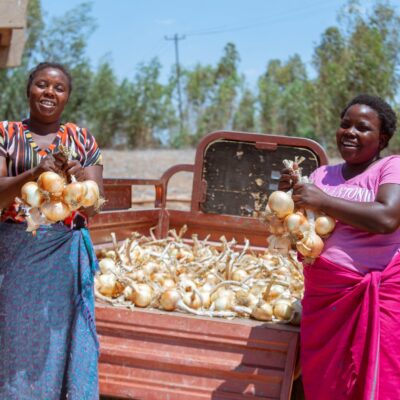
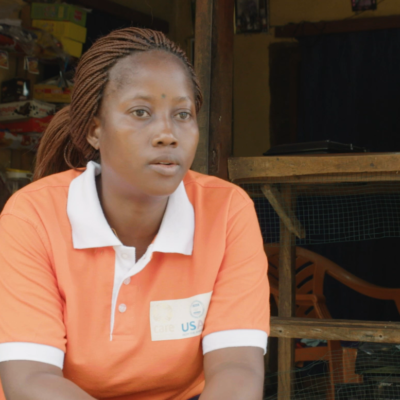

Can we be sure that it is working?
We leverage our role as an investor with a seat on each project company Board to ensure that benefits envisaged within the GEA do in fact materialise. We monitor progress on the targets set through the GEA and on our wider project outcomes through regular reporting.
Gathering sex-disaggregated data and undertaking end-user surveys enables us to see where improvements have been made, where there is more work to be done, and where lessons can be learnt and shared across the PIDG Group.
We are constantly learning.
We want to be part of a step change in gender equality across sub-Saharan Africa and globally. To do so, we need to share our learning and to learn from others. To this end, PIDG is a member of the 2X Global Community,[vii] an industry-wide platform comprised of fund managers, DFIs, pensions funds, philanthropic organisations, intermediaries and others operating with a strong gender lens in their businesses. This originated from the 2x Challenge, which was initially designed to mobilise DFI and private sector capital to advance opportunities for women as business leaders, employees and consumers and now spans across the capital spectrum, in both developed and emerging markets.
Being part of this wider conversation enables us to benchmark our work against others and helps us to demonstrate value to the wider investment industry in moving the gender equality agenda forward.
We cannot consider gender in isolation
Gender intersects with PIDG’s other key priorities. As I have set out above, there are clear links between gender and health and safety, for example, women are more likely to experience GBVH. Women are also more likely to work in the informal economy where employment regulations are lax or non-existent. Gender is just one of many facets of identity, and as an infrastructure investor, PIDG considers the nexus between gender and disability and how this impacts the design and accessibility of our projects. This is why, at InfraCo Africa and PIDG, the Impact team considers both risks and opportunities as a continuum.
Gender inequalities present additional barriers for women and girls faced with the effects of climate change.[viii] This is particularly true in low-income countries where women depend on small-scale agriculture for their livelihoods and where lower levels of education can make it harder for them to access timely information to prepare for, cope with, and recover from, climate shocks and stresses. Globally, women also shoulder the majority of domestic and caring responsibilities, exposing them to greater health and safety risks and undermining their ability to move from climate-vulnerable areas or to undertake additional paid employment to supplement their incomes. Thus climate change has been found to disproportionately affect women and girls and to amplify existing gender inequalities.[ix]
Conversely, greater gender equality has been linked to greater resilience in the face of climate and economic shocks, as, when given the opportunity, women largely invest their resources into the safety and security of their families and into community well-being, leveraging their knowledge as resource managers and community leads. [x] Furthermore, the views and experiences of women and girls are key to delivering a just transition to net zero. It is crucial to bring a diverse range of perspectives to the table when designing climate solutions in order for them to be successful, particularly as women and girls make up almost half of the global population.[xi]
With the ongoing commitment of our Owners, teams and project partners to embedding the gender lens agenda across the PIDG portfolio and building the field around what works for women and girls in the infrastructure space, we can empower them to contribute to inclusive economic growth in sub-Saharan Africa, south and south-east Asia, and to meeting the broader challenges facing humanity today.
* PIDG defines female empowerment as ‘the promotion of equitable access to, and control over the benefits created [through infrastructure], leading to their greater financial autonomy and decision-making power and to challenging discriminatory social norms.’
- [i] https://www.mckinsey.com/~/media/mckinsey/featured%20insights/gender%20equality/the%20power%20of%20parity%20advancing%20womens%20equality%20in%20africa/mgi-the-power-of-parity%20advancing%20womens%20equality%20in%20africa.pdf
- [ii] https://www3.weforum.org/docs/WEF_GGGR_2022.pdf
- [iii] https://gendertoolkit.bii.co.uk/gender-smart-investing/#:~:text=Gender-smart%20investing%20is%20defined%20as%20an%20investment%20strategy,decision-making%20to%20achieve%20greater%20financial%20and%20social%20outcomes.
- [iv] https://www.oecd.org/forum/oecdyearbook/push-gender-equality-economic-sense.htm
- [v] https://www.irena.org/events/2021/Mar/Gender-Equality-for-an-Inclusive-Energy-Transition
- [vi] https://www.gsma.com/mobilefordevelopment/wp-content/uploads/2019/03/GSMA-Connected-Women-The-Mobile-Gender-Gap-Report-2019.pdf
- [vii] https://www.2xglobal.org/
- [viii] https://static1.squarespace.com/static/6089294d7cb43b4cffb93591/t/60ec750cdcef4a49b3a96120/1626109200947/GenderSmart+Climate+Report.pdf
- [ix] https://www.unwomen.org/en/news-stories/explainer/2022/02/explainer-how-gender-inequality-and-climate-change-are-interconnected
- [x] https://www.resiliencelinks.org/resources/reports/state-knowledge-gender-and-resilience
- [xi] https://data.worldbank.org/indicator/SP.POP.TOTL.FE.ZS


